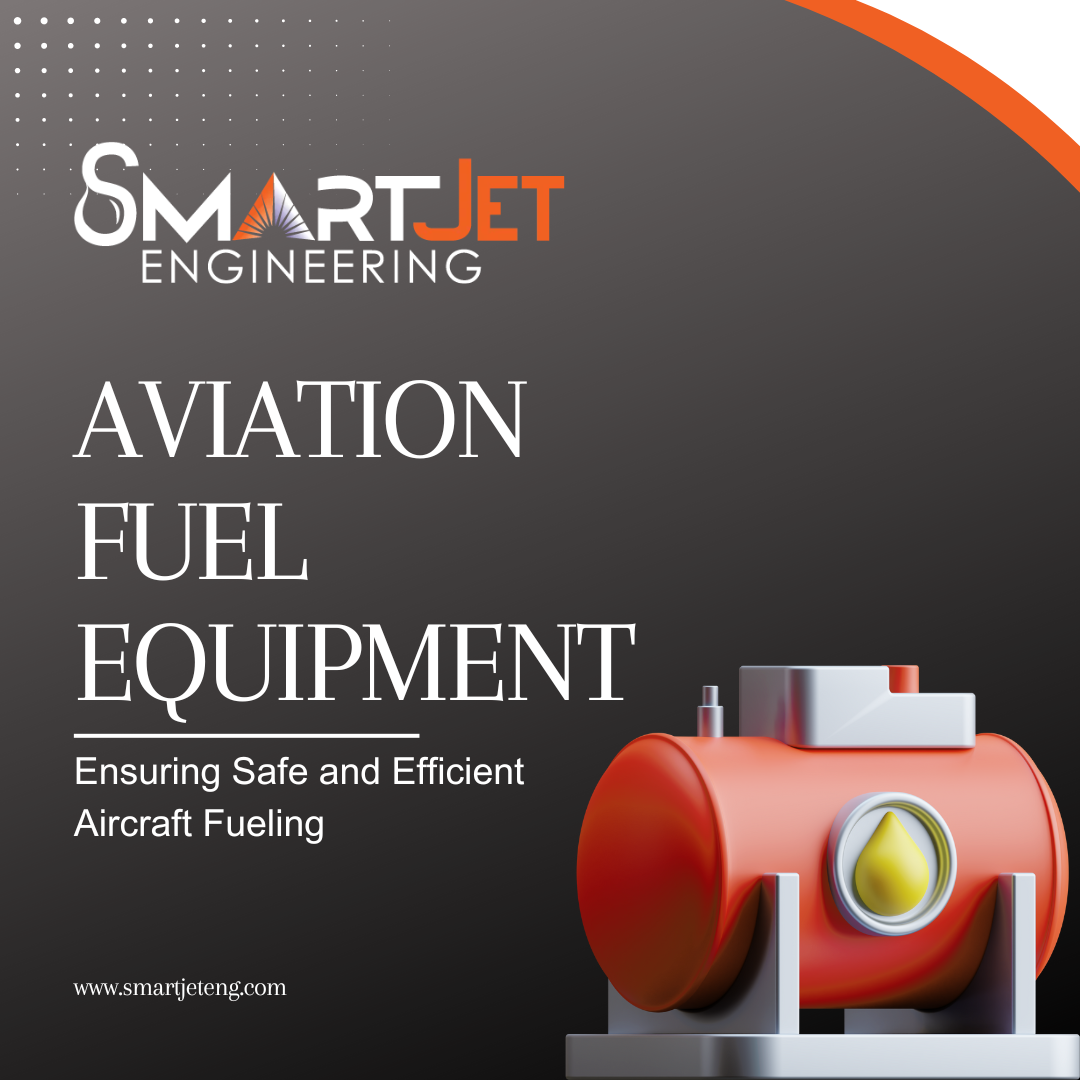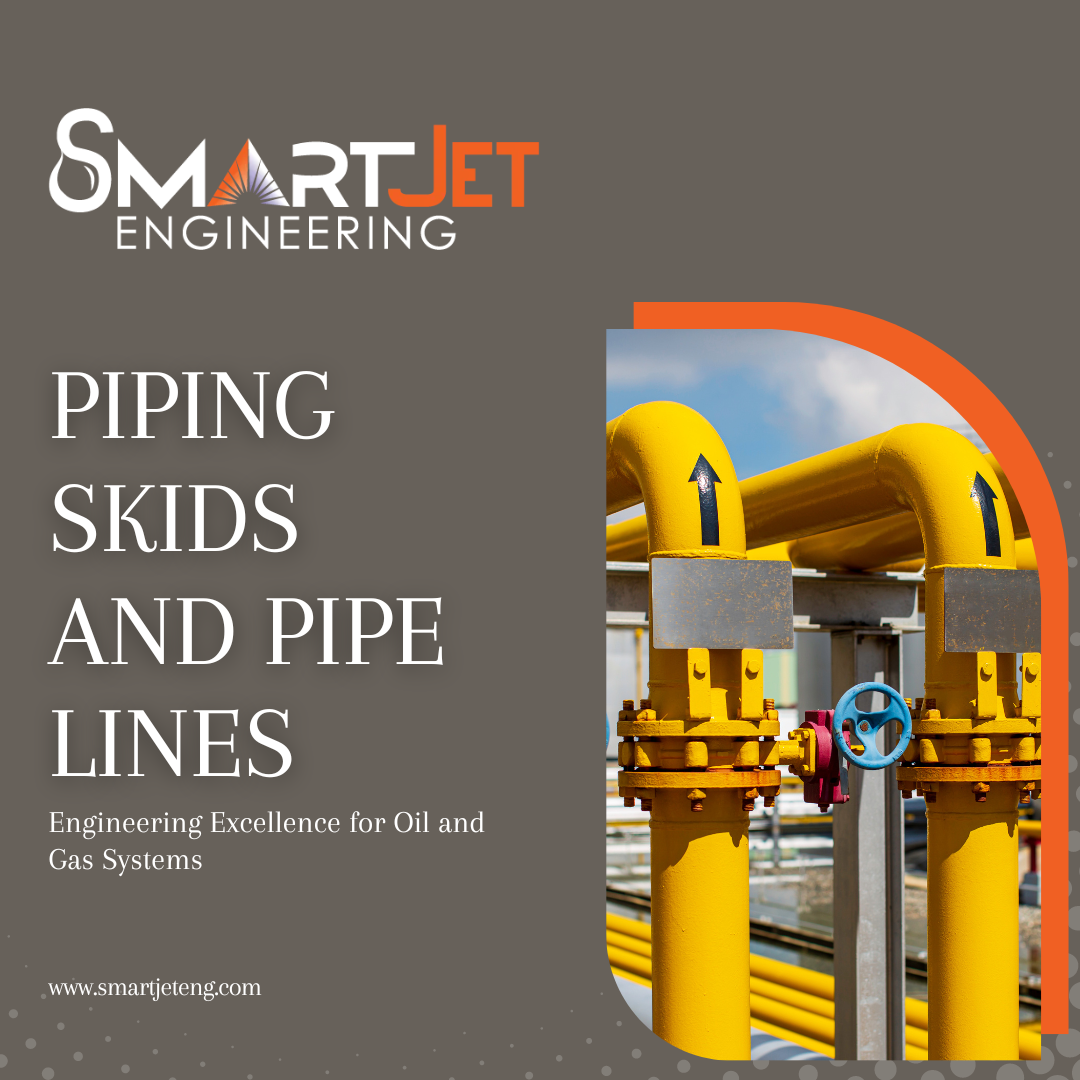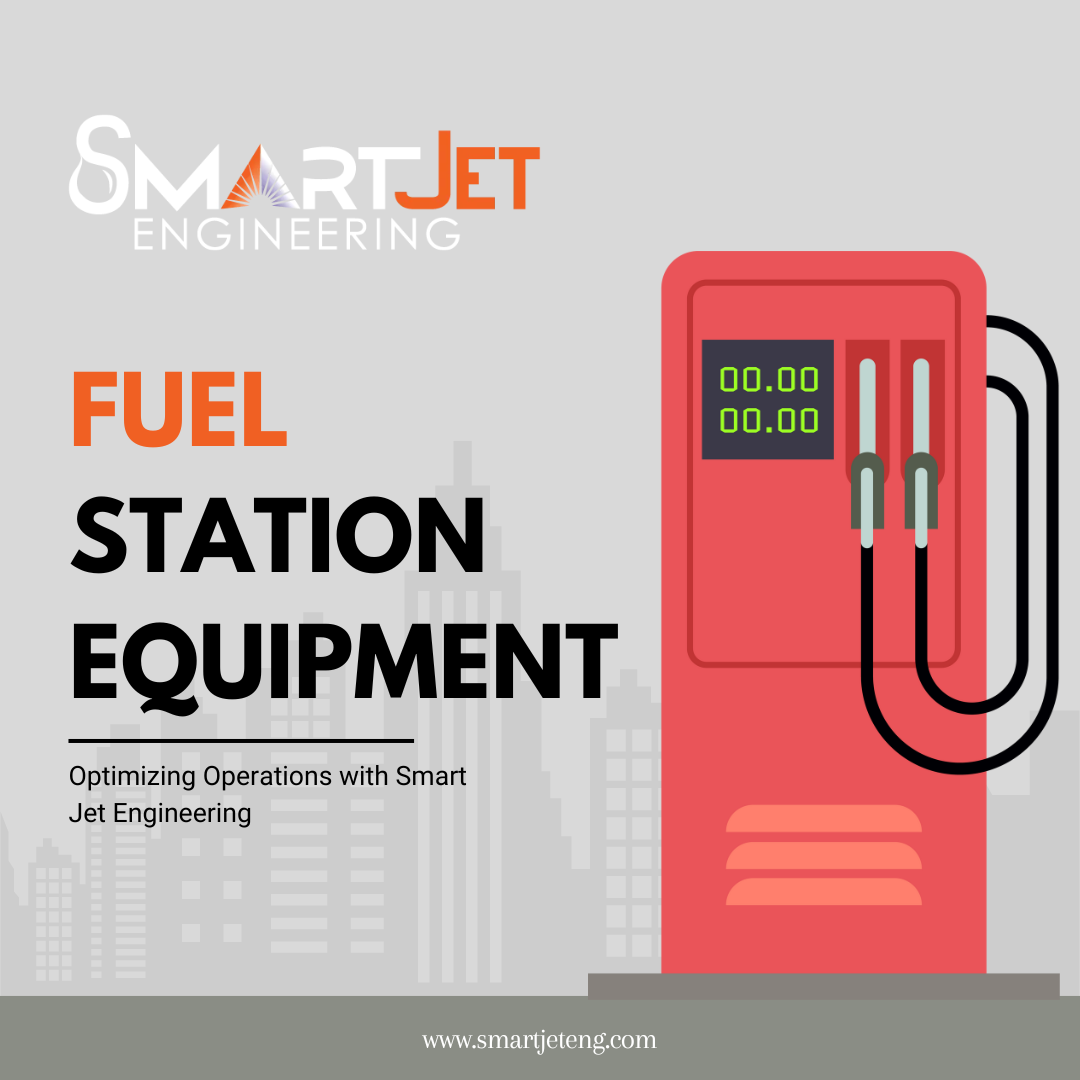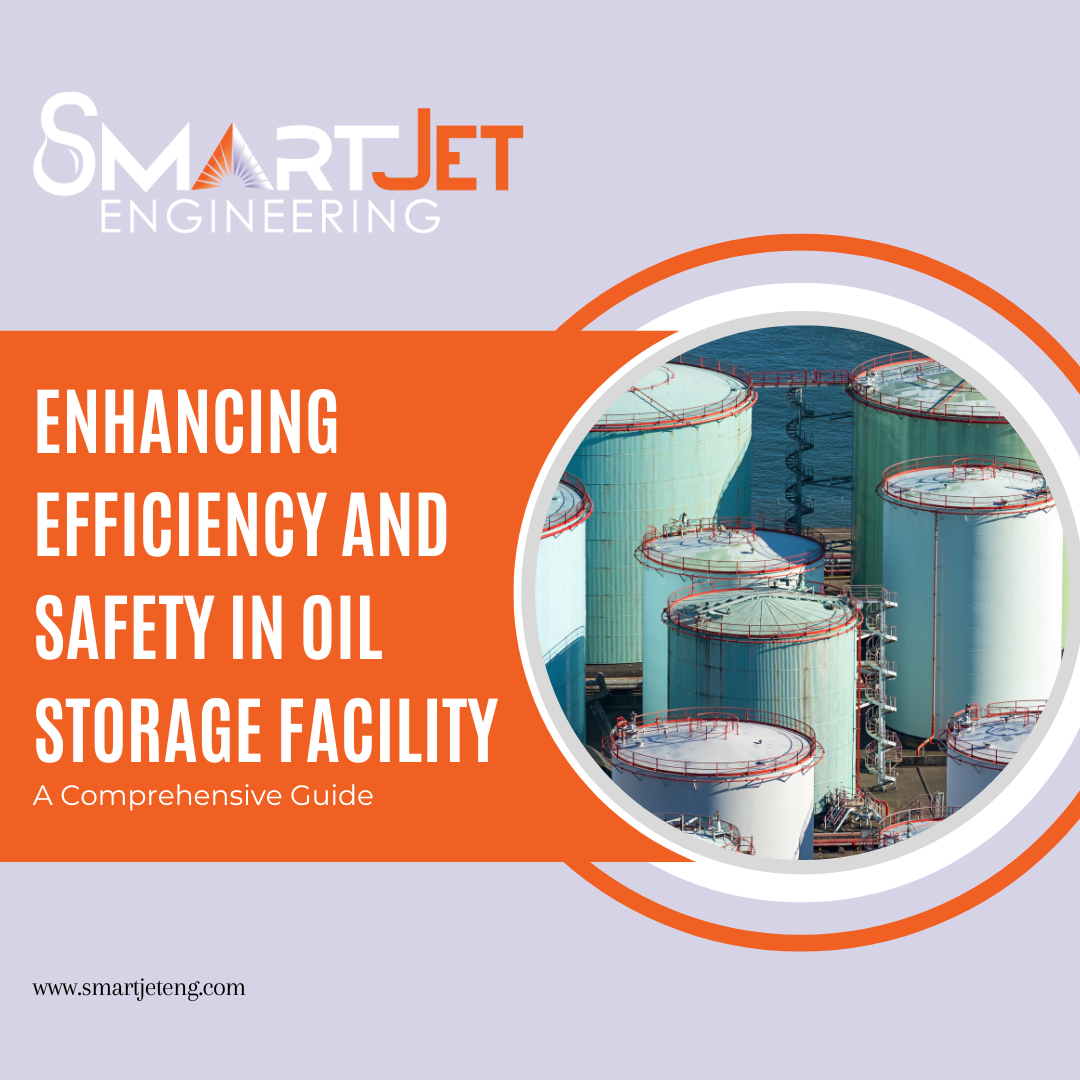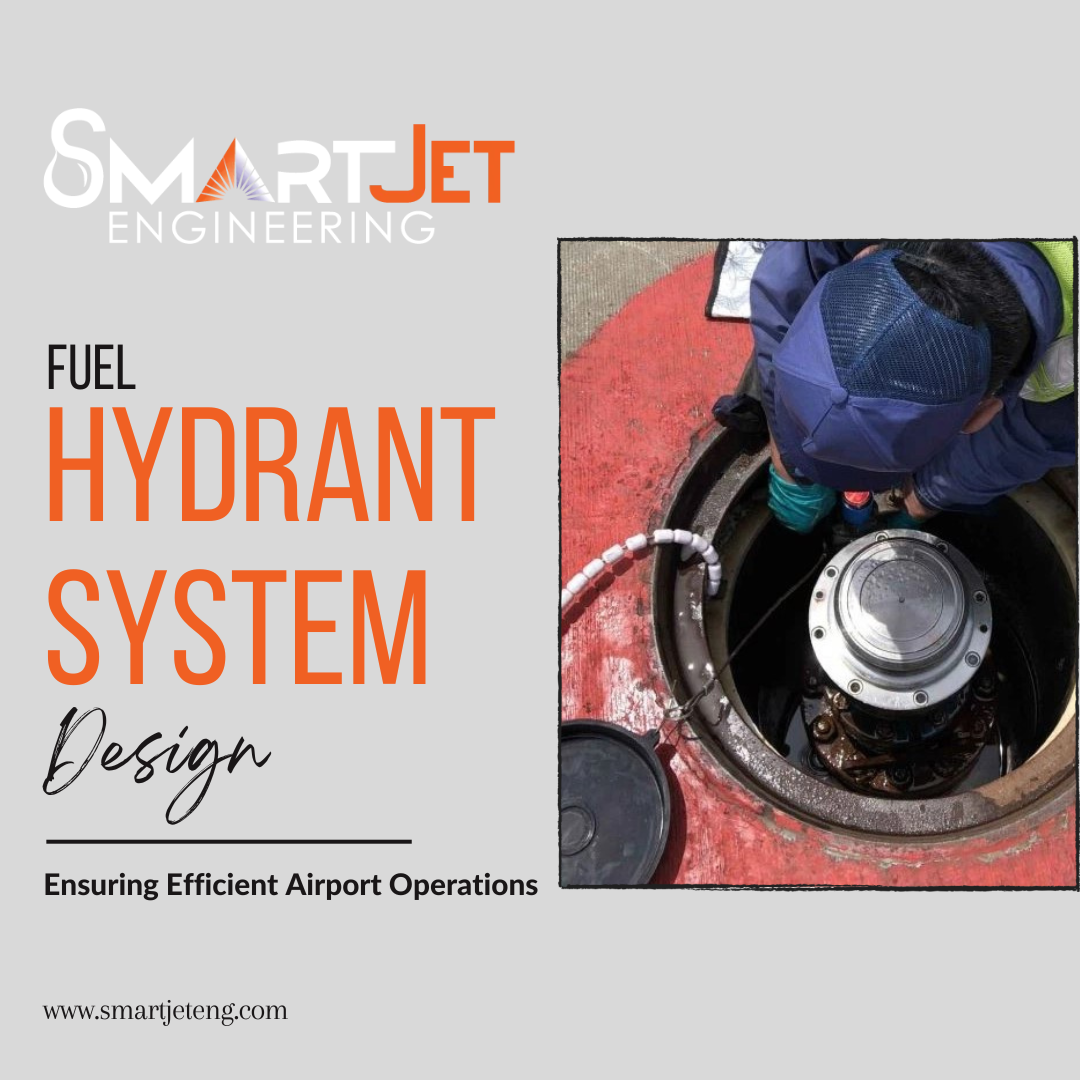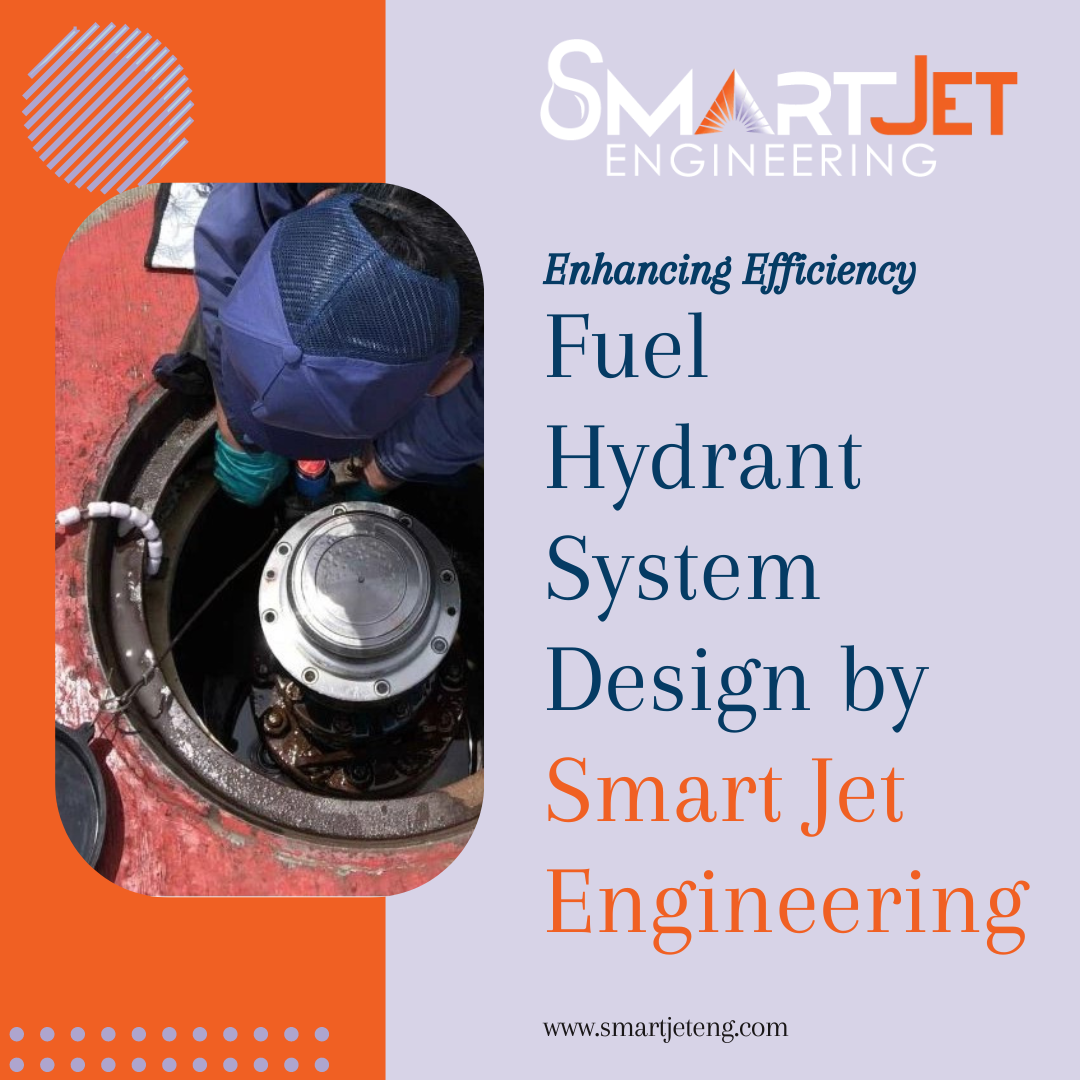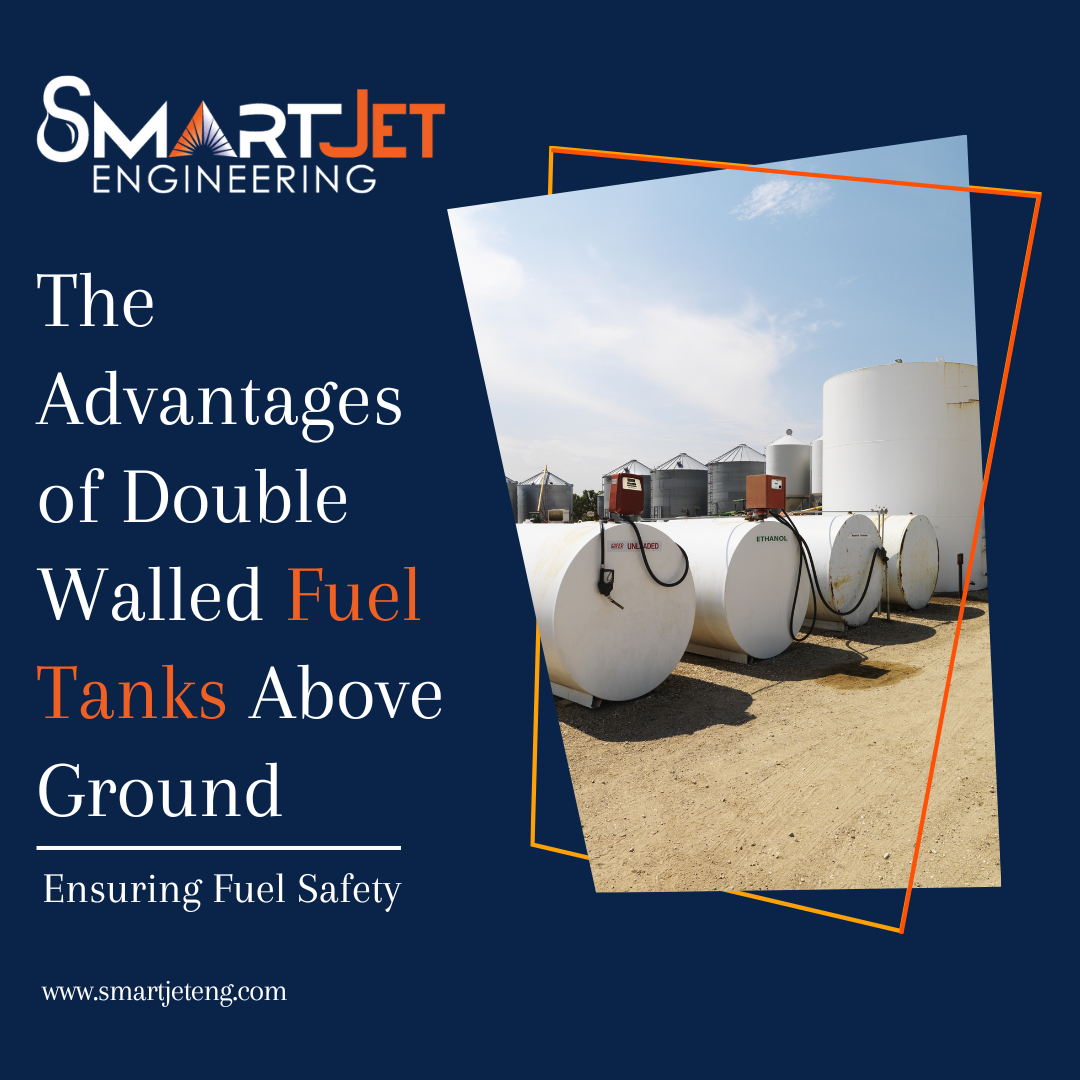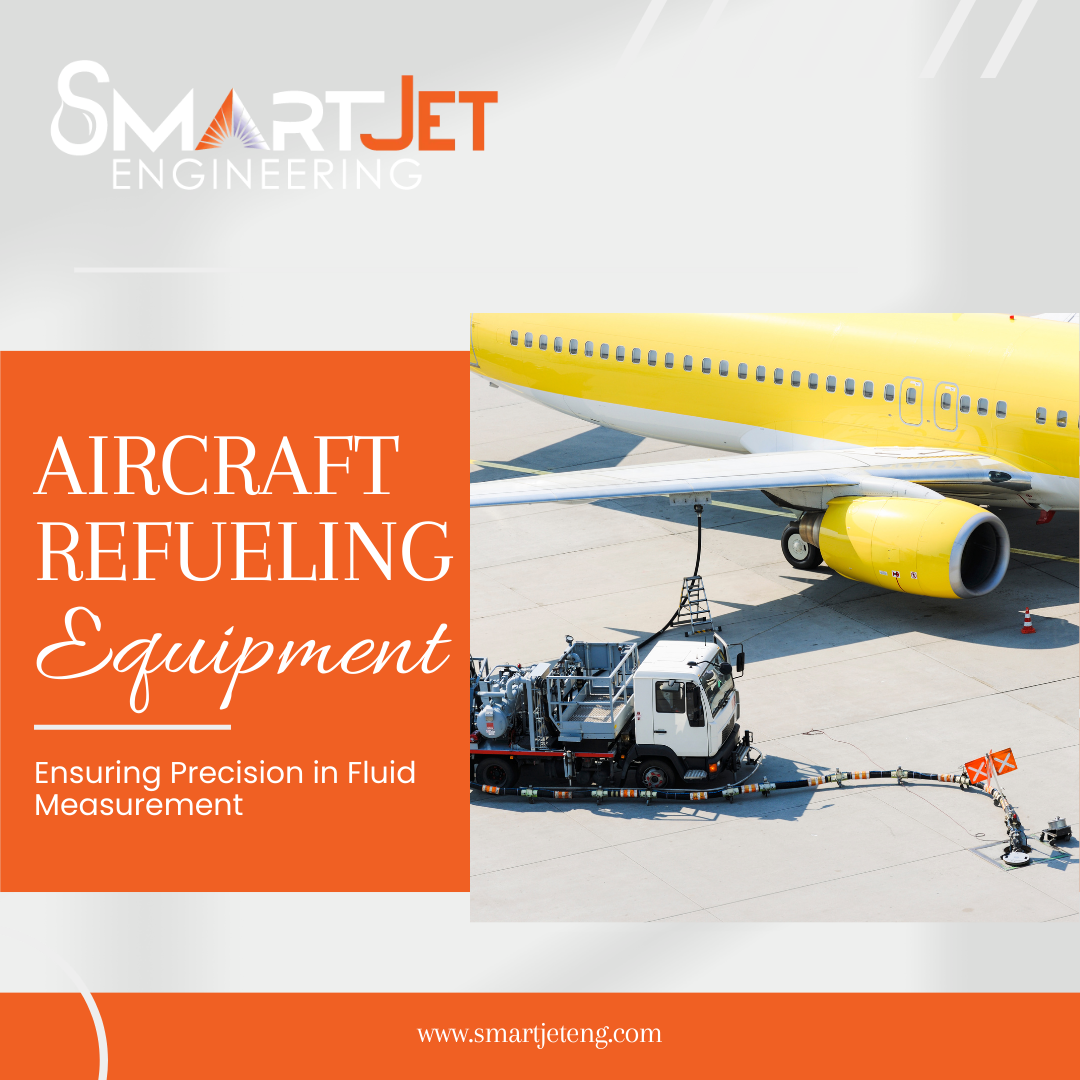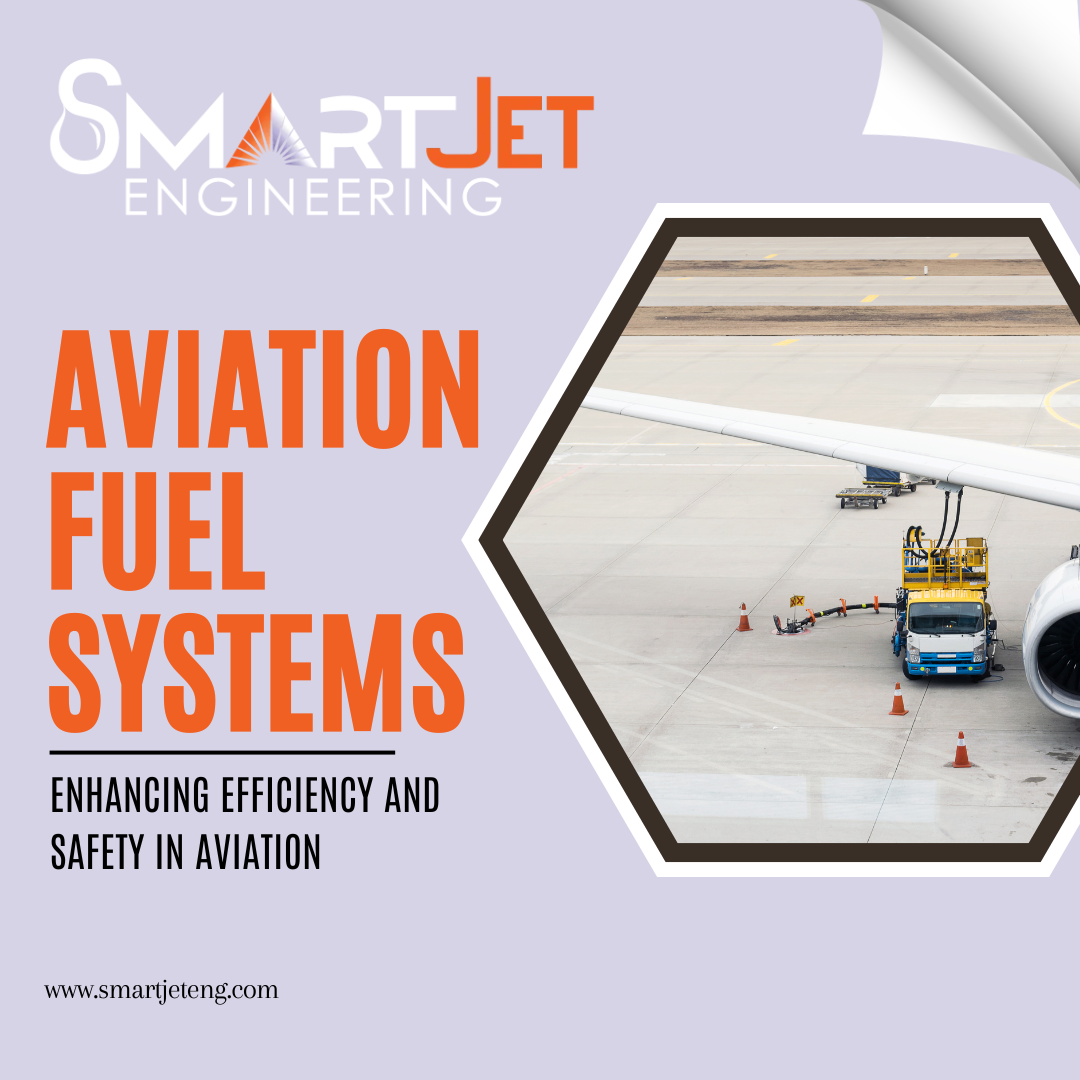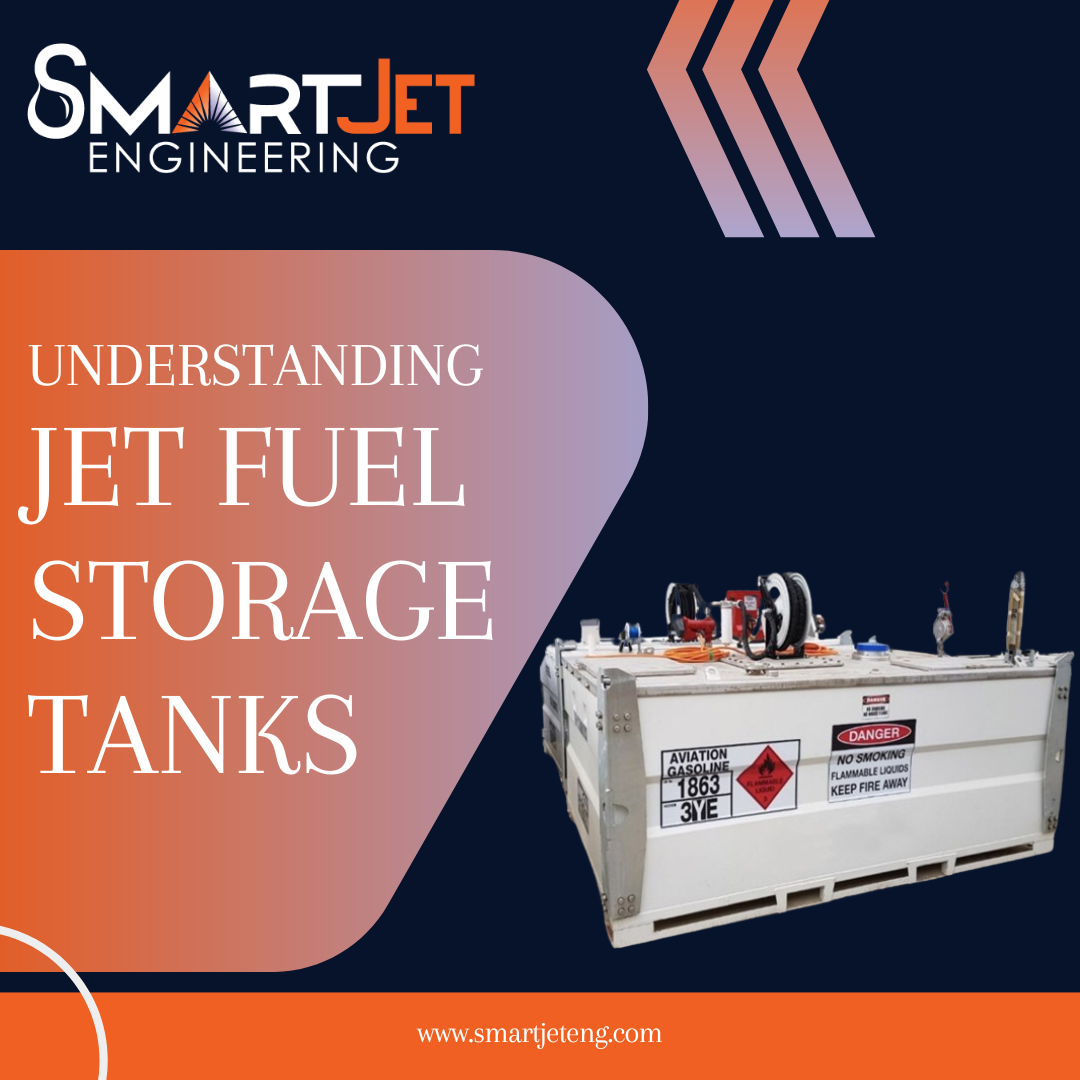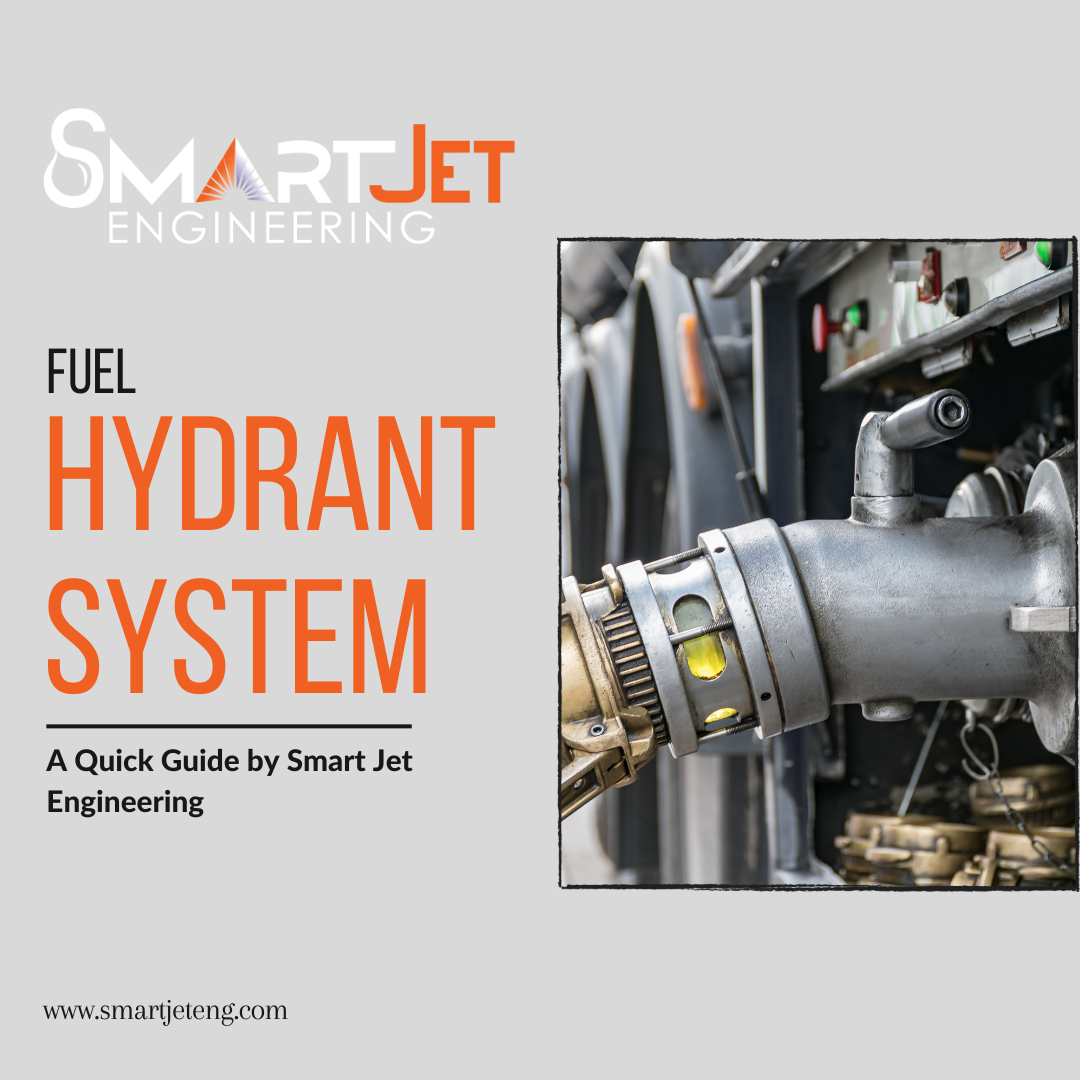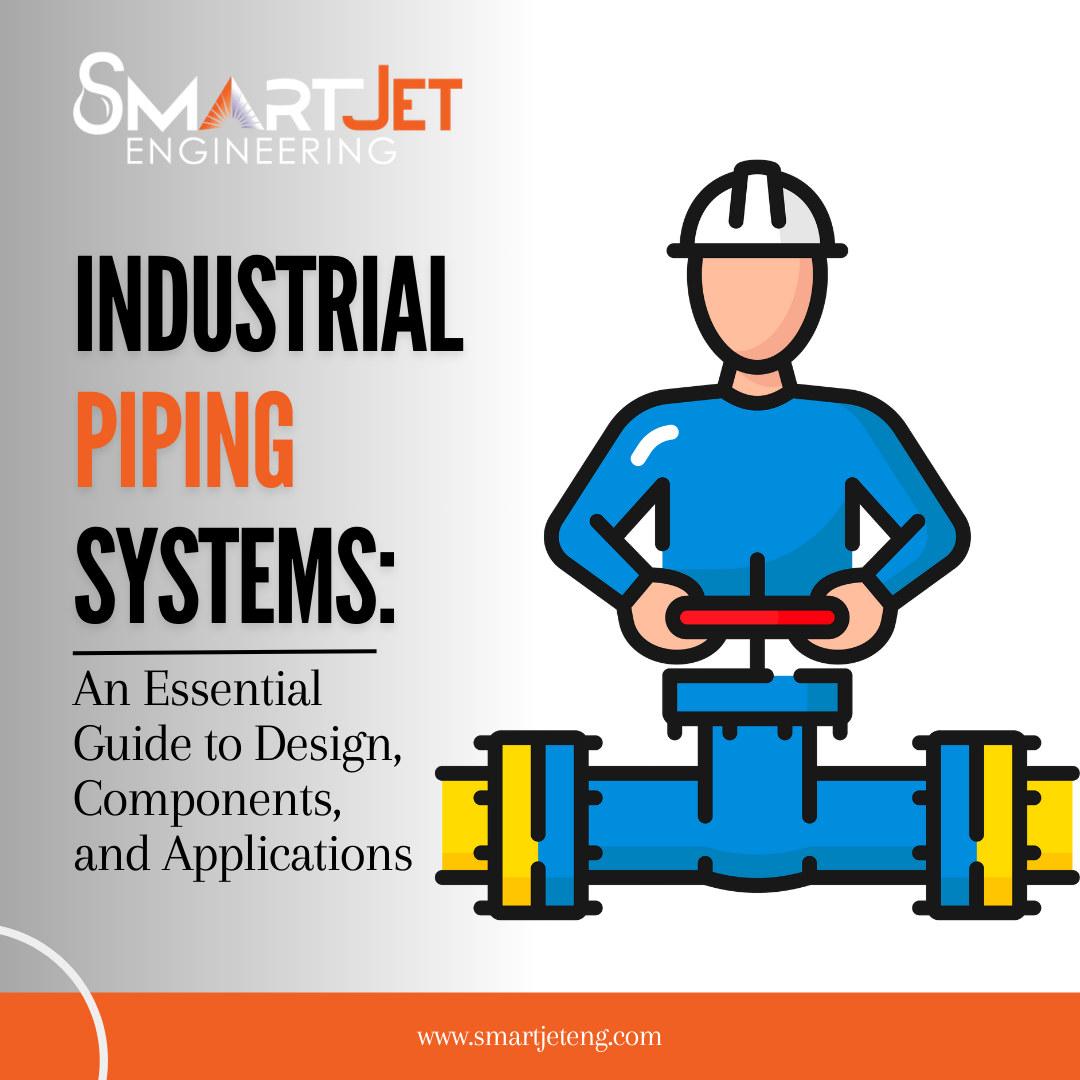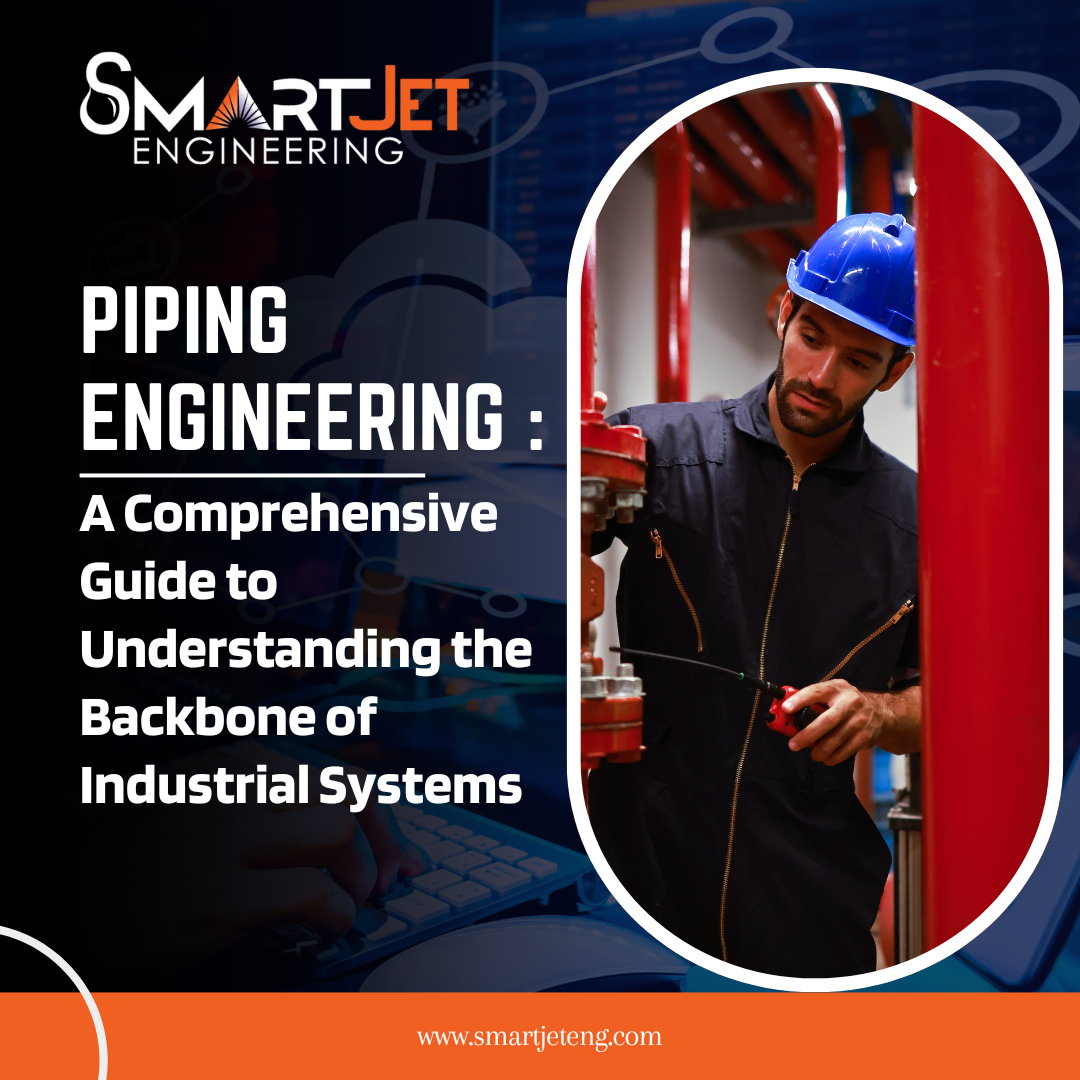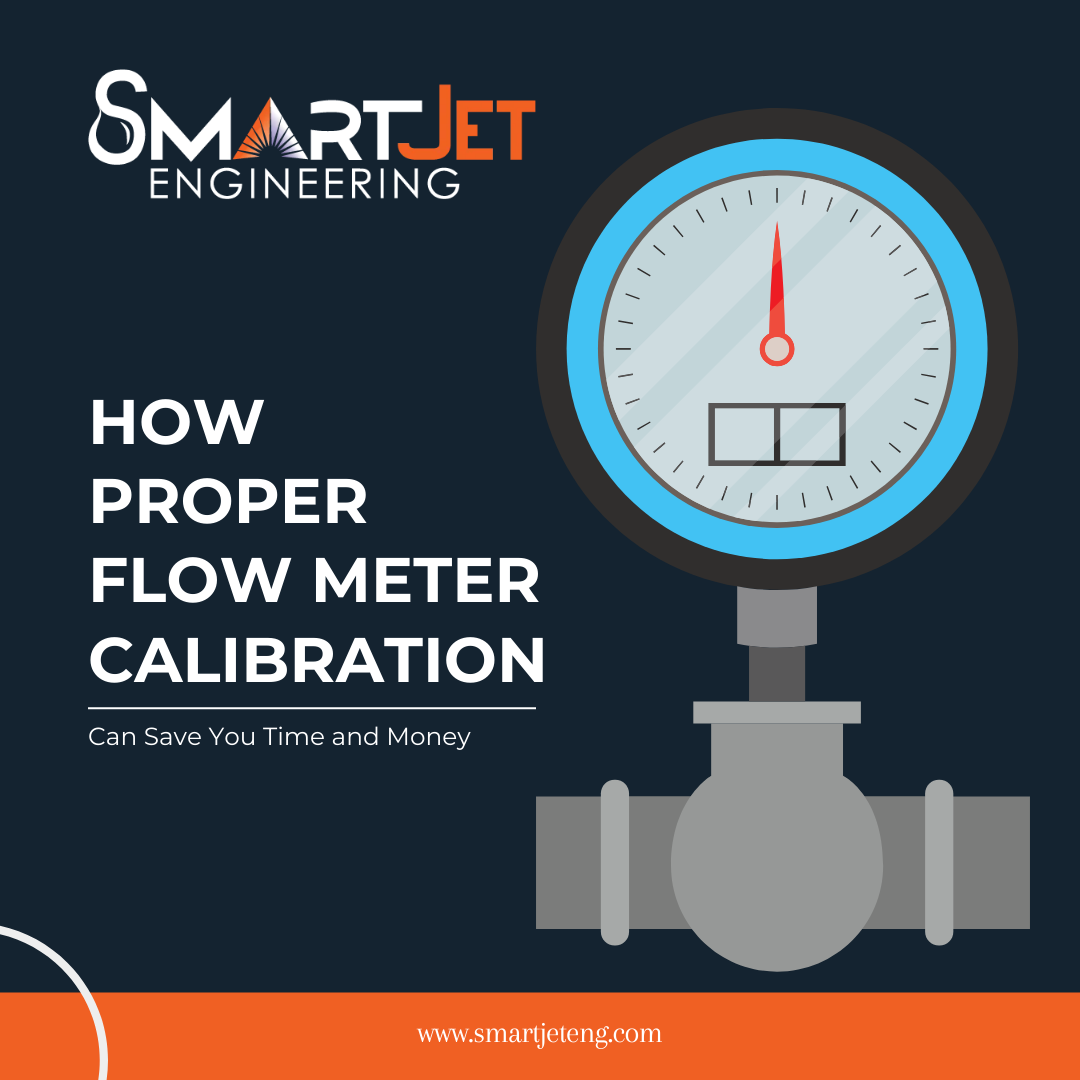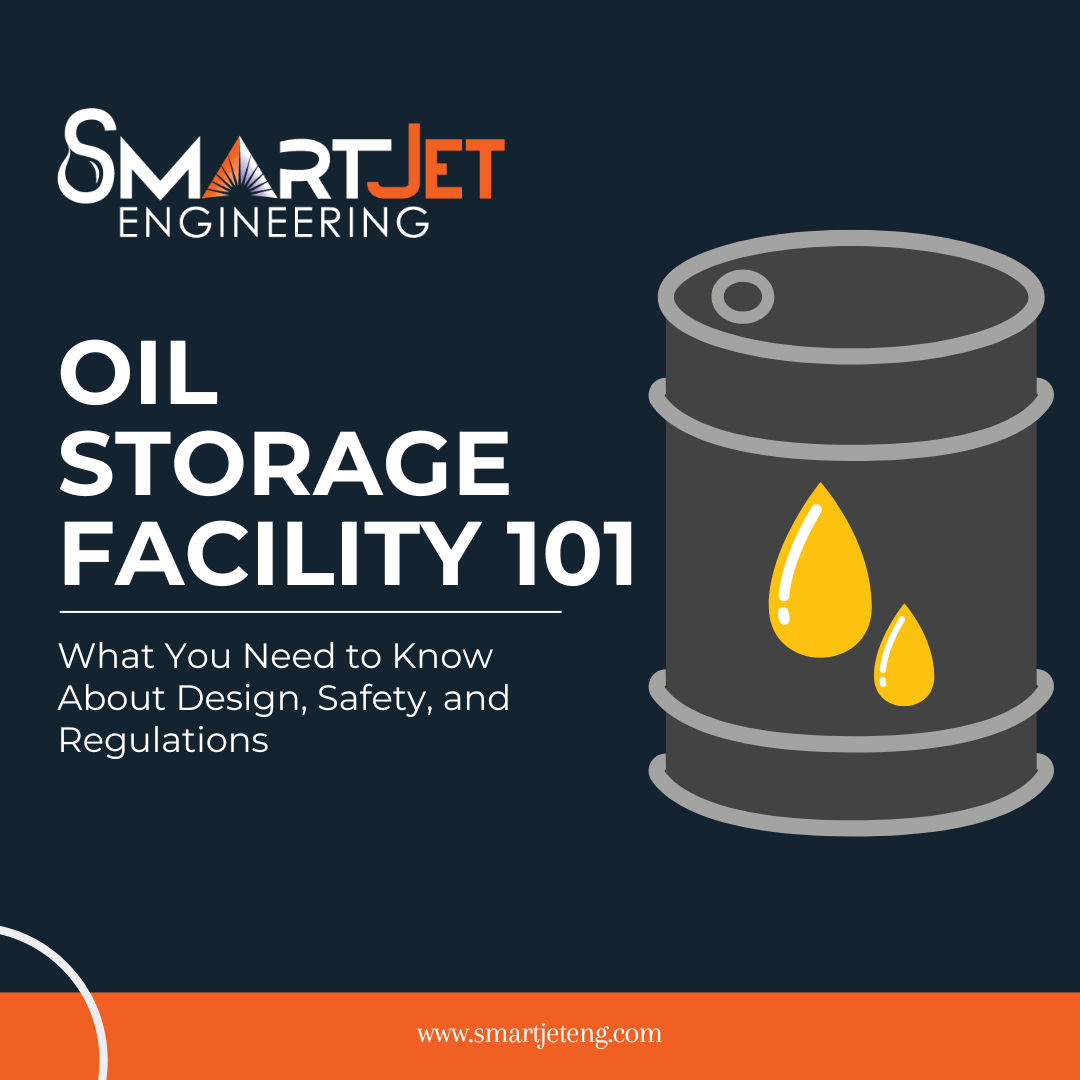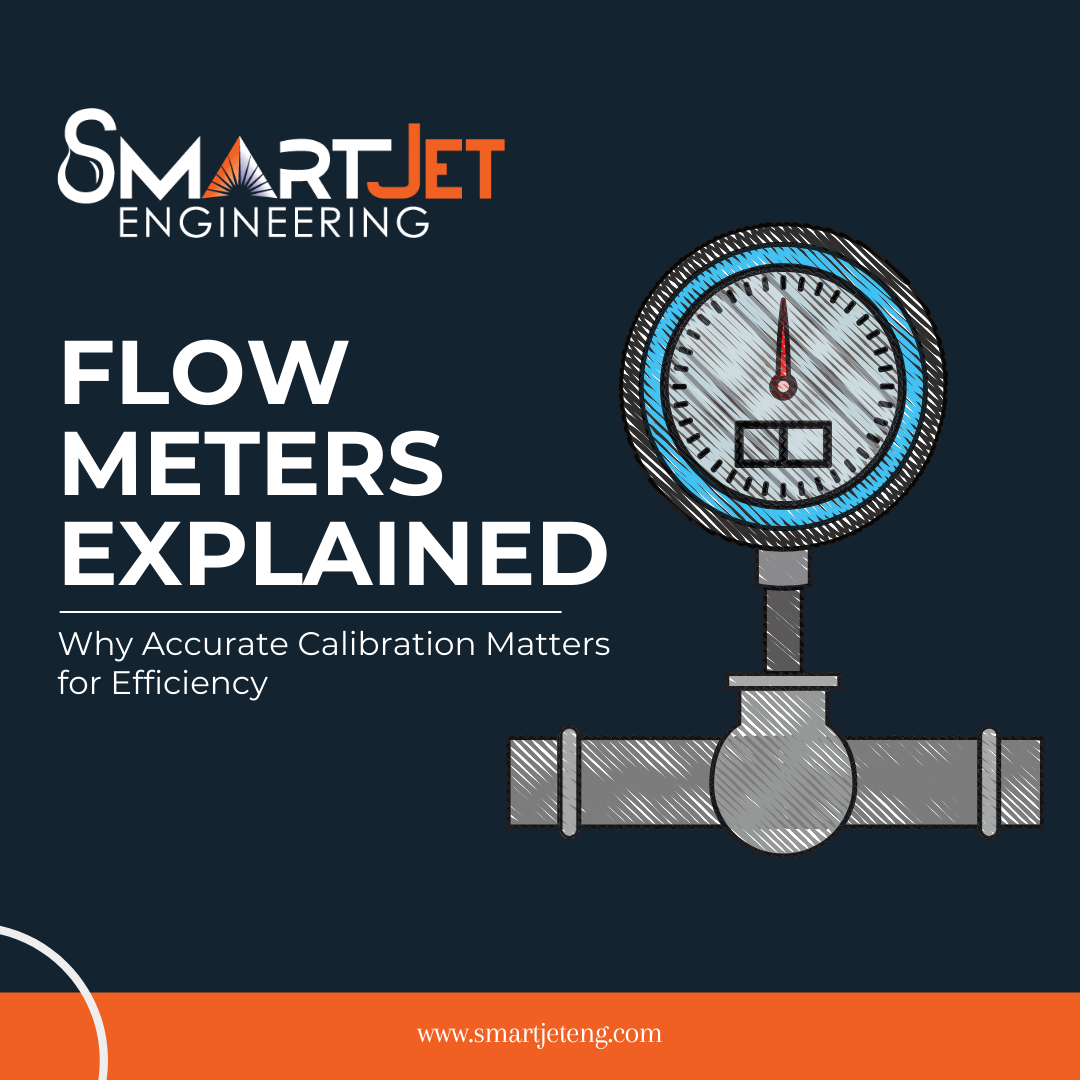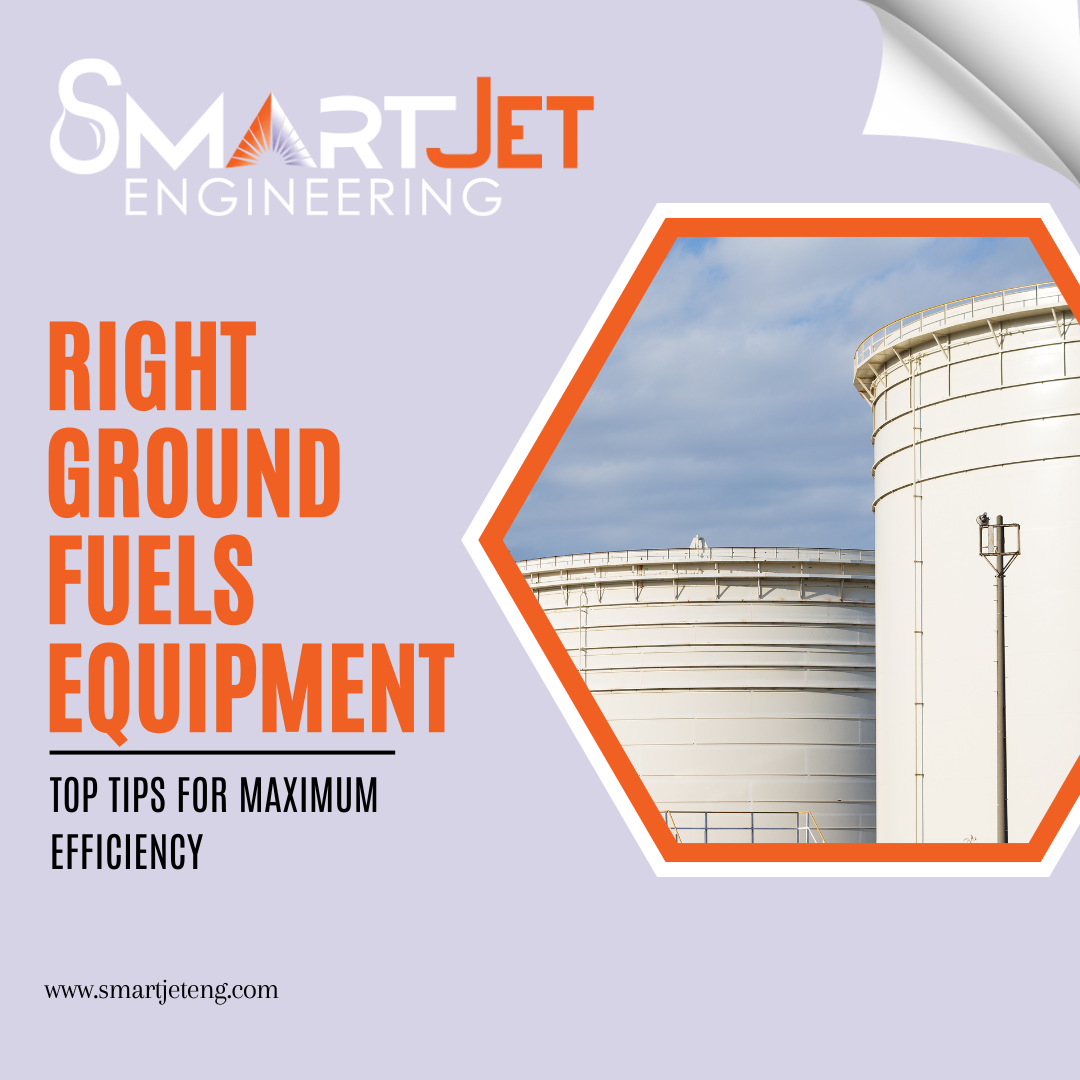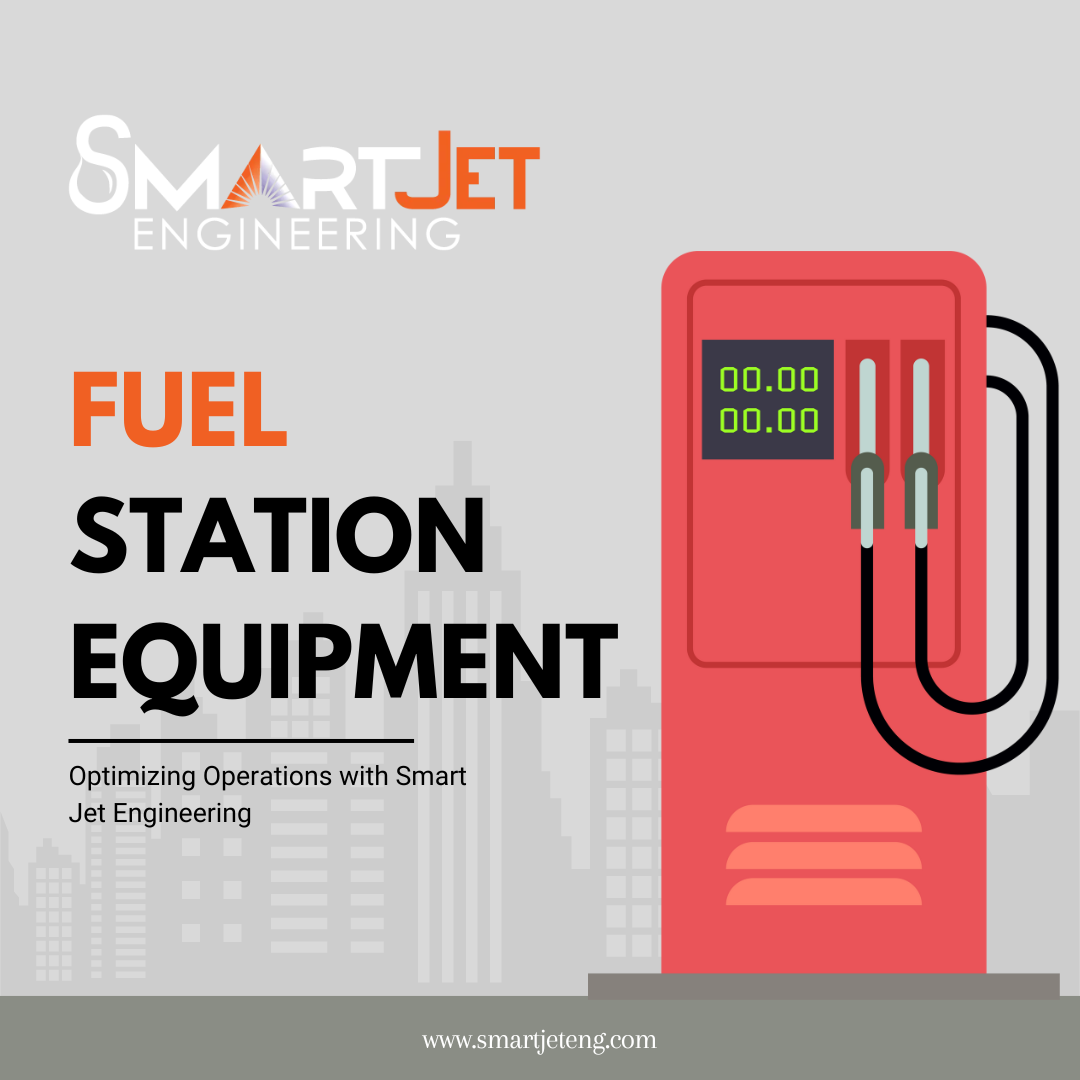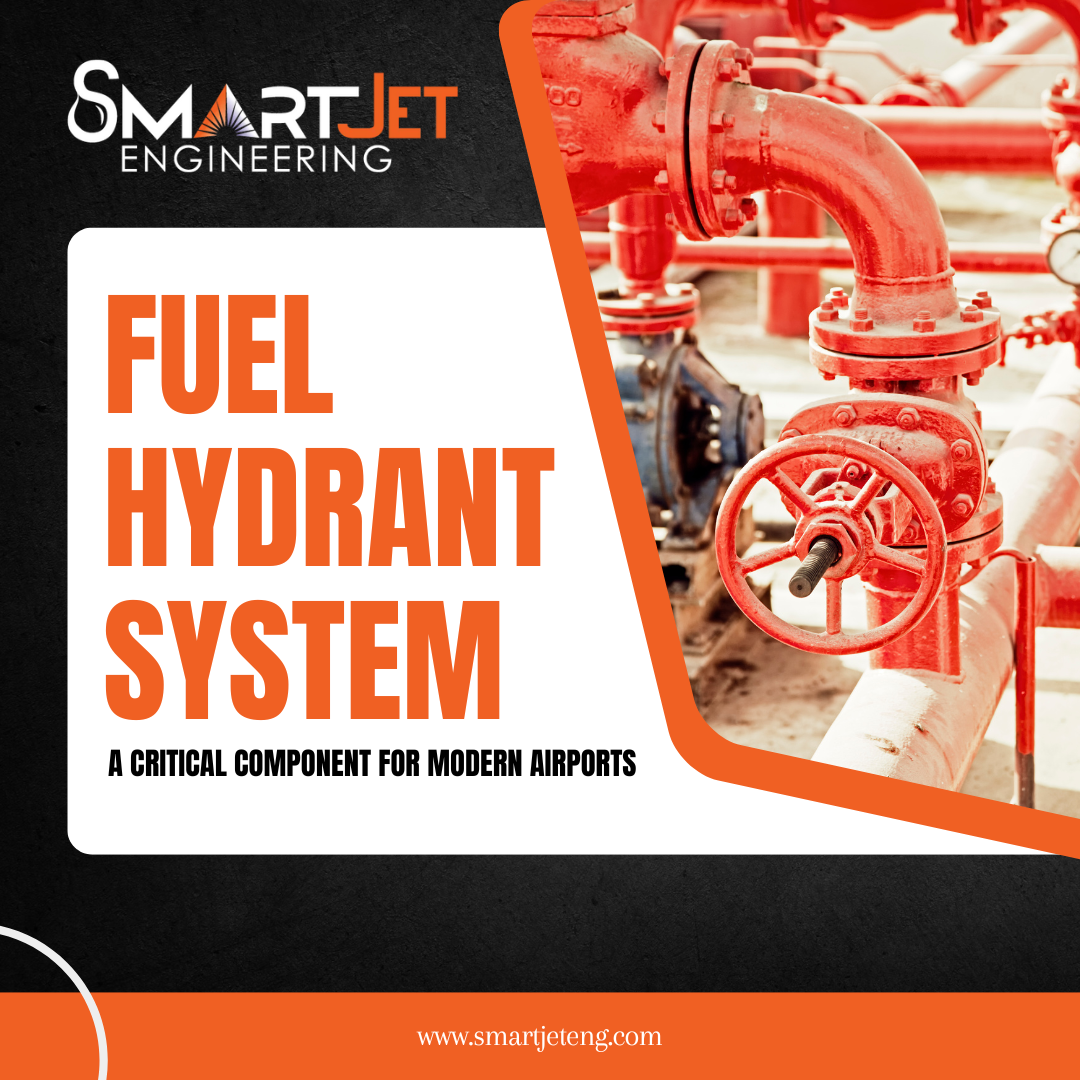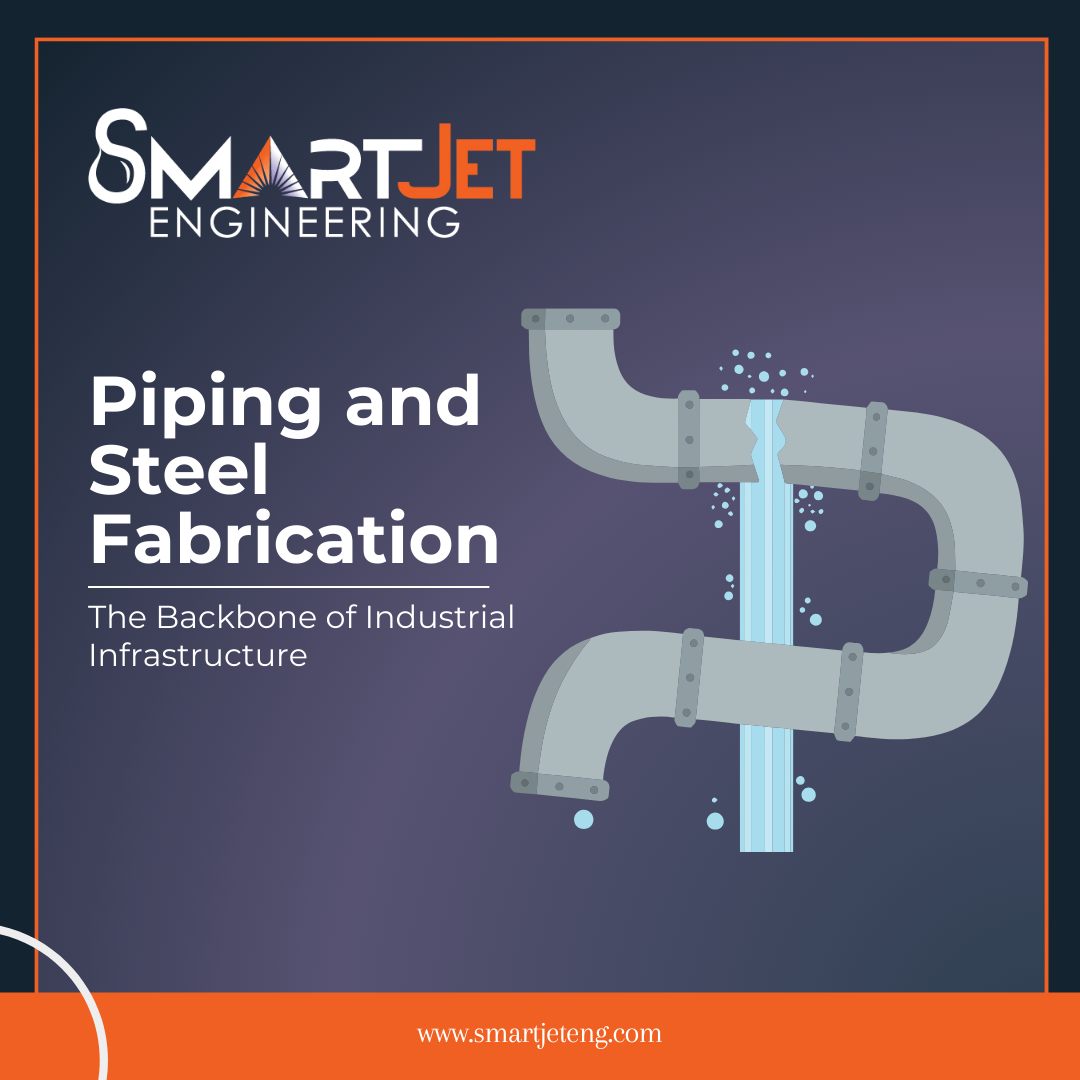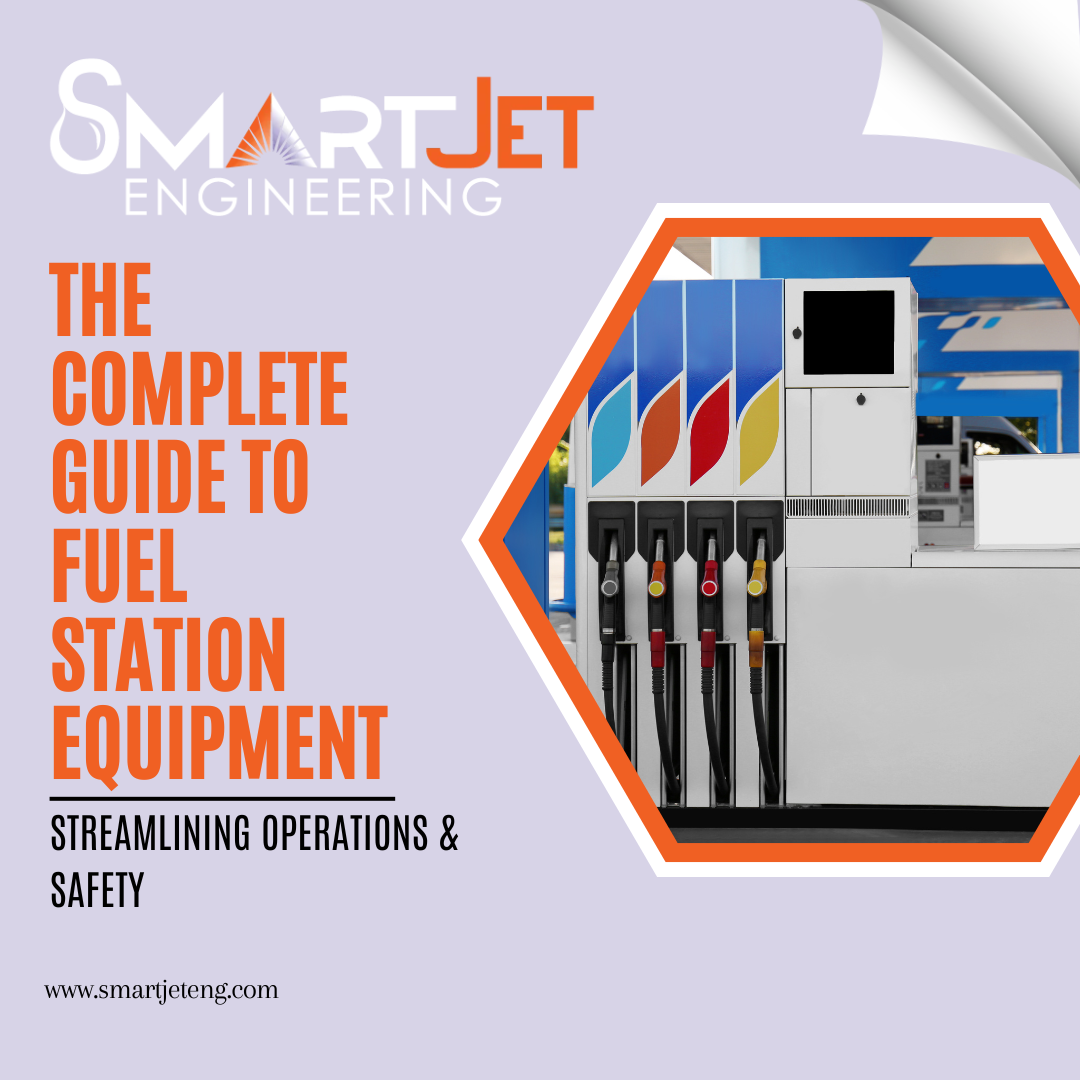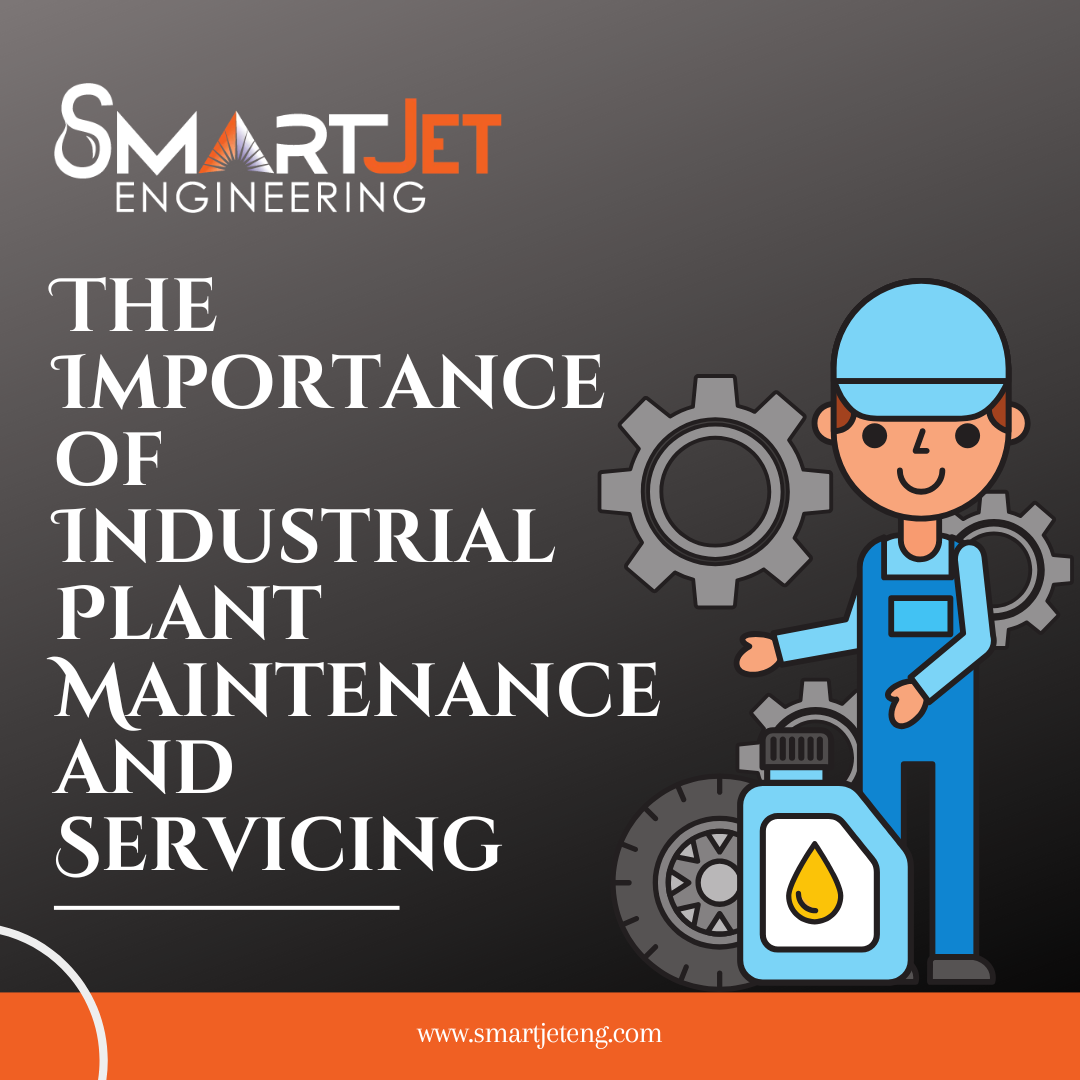A Comprehensive Guide to Aviation Fuel Filtration
By - Admin
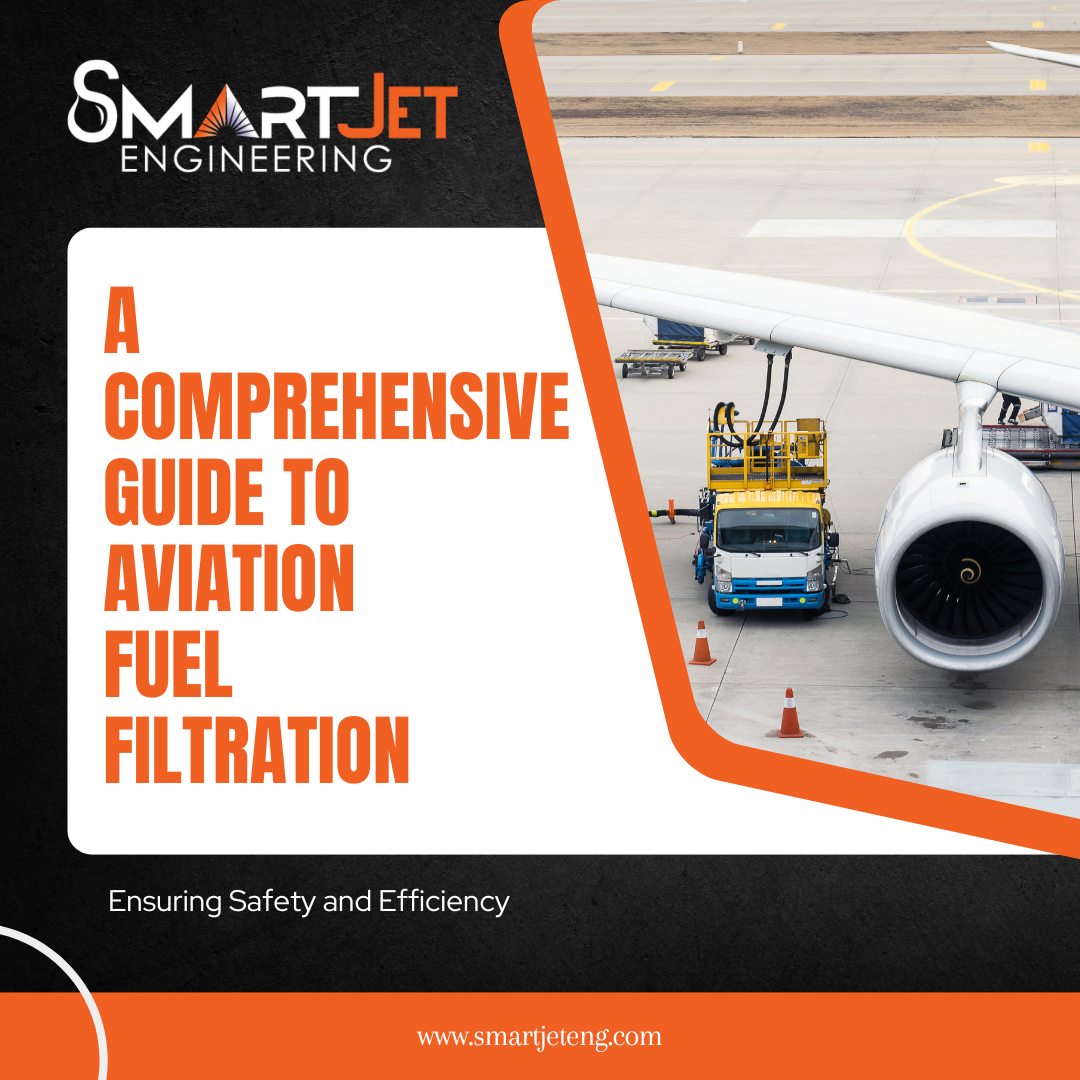
A Comprehensive Guide to Aviation Fuel Filtration: Ensuring Safety and Efficiency
Introduction
Aviation fuel filtration is a critical component in ensuring the safety and efficiency of aircraft operations. Understanding the importance of filtration and the technologies involved is crucial for maintaining aircraft performance and safety. Let’s explore the world of aviation fuel filtration to grasp its significance and the latest advancements.
The Basics of Aviation Fuel
Types of Aviation Fuel
Aviation fuel comes in various types, primarily including Jet A, Jet A-1, and AVGAS (aviation gasoline). Each type has specific properties tailored to different aircraft and performance requirements.
Composition and Properties
Aviation fuels are complex mixtures of hydrocarbons, additives, and other compounds. They are designed to provide optimal performance under the extreme conditions encountered during flight, such as high altitudes and varying temperatures.
Why Filtration is Crucial in Aviation
Preventing Contaminants
The primary goal of aviation fuel filtration is to prevent contaminants from entering the fuel system. Contaminants can include water, particulates, and microbial growth, all of which can compromise engine performance and safety.
Enhancing Engine Performance
Clean fuel ensures that engines run smoothly and efficiently. Filtration systems help maintain the purity of the fuel, thereby enhancing engine performance and reducing maintenance costs.
Common Contaminants in Aviation Fuel
Water
Water can enter aviation fuel through condensation, leaks, or improper handling. It can cause corrosion, freezing, and microbial growth, which can severely impact engine performance.
Particulate Matter
Particulate matter includes dust, dirt, and other solid particles that can clog fuel filters and damage engine components. Regular filtration is necessary to remove these particles.
Microbial Growth
Microbial growth, particularly in the presence of water, can lead to the formation of sludge and acids that corrode fuel tanks and pipelines. Filtration helps prevent this by removing water and other contaminants.
Types of Aviation Fuel Filtration Technologies
Micro Filters
How They Work
Micro filters are designed to capture very fine particulate matter from aviation fuel. These filters use a fine mesh or porous material to trap particles as small as a few microns, ensuring that even the smallest contaminants are removed.
Applications in Aviation
Micro filters are used in various stages of fuel handling, including aircraft fuel systems and ground fuel distribution. They play a crucial role in protecting sensitive engine components from damage.
EI Standard
- EI 1590: Specifies the requirements and performance criteria for micro filters used in aviation fuel systems.
Dirt Defense Filters
How They Work
Dirt defense filters use a combination of filtration media to effectively capture larger particles and debris from the fuel. They are engineered to provide enhanced dirt-holding capacity and prevent clogging.
Applications in Aviation
These filters are particularly valuable in fuel storage and distribution systems where larger particulates are a concern. They help maintain fuel cleanliness and protect engine components from wear.
EI Standard
- EI 1599: Outlines the standards for dirt defense filters used in aviation fuel handling and storage systems.
Filter Water Separators
How They Work
Filter water separators use a coalescing process to remove water from aviation fuel. They work by merging small water droplets into larger ones, which are then separated from the fuel and collected for removal.
Applications in Aviation
Filter water separators are essential in environments prone to water contamination. They are commonly used in fuel handling and storage systems to ensure that water-free fuel reaches aircraft.
EI Standards
- EI 1581: Covers the general requirements for filter water separators.
- EI 1582: Provides additional specifications and testing requirements for coalescing filter water separators.
Bulk Water Defense Systems
How They Work
Bulk water defense systems are designed to manage large volumes of water contamination in fuel storage and distribution networks. These systems integrate advanced filtration technologies and separation mechanisms to handle substantial water loads effectively.
Applications in Aviation
These systems are utilized in large-scale fuel storage facilities and distribution networks to ensure comprehensive water removal, protecting the entire fuel supply chain.
EI Standard
- EI 1592: Specifies the standards for bulk water defense systems, focusing on their effectiveness in removing large volumes of water from aviation fuel.
Choosing the Right Filtration Technology
Factors to Consider
When selecting a filtration technology, consider factors such as the type of aircraft, the quality of the fuel, and the specific contaminants likely to be encountered. Each technology has its strengths and is suited to particular applications.
Cost vs. Efficiency
Balancing cost and efficiency is crucial. While advanced filtration technologies may have a higher initial cost, they can provide long-term savings by preventing engine damage and reducing maintenance needs.
Installation and Maintenance of Filtration Systems
Installation Tips
Proper installation is key to the effectiveness of any filtration system. Ensure filters are correctly positioned and securely fastened to avoid leaks and operational issues.
Regular Maintenance Practices
Regular maintenance, including cleaning and replacing filters as needed, is essential to keep the filtration system functioning correctly. Following manufacturer guidelines helps extend the lifespan of the system.
Innovations in Aviation Fuel Filtration
Recent Technological Advances
Advances in materials science and engineering have led to the development of more efficient and durable filtration systems. Innovations include advanced micro filter materials, smart sensors for real-time monitoring, and improved coalescing technologies.
Future Trends
The future of aviation fuel filtration is promising, with ongoing research focused on enhancing filter materials, developing automated filtration systems, and integrating artificial intelligence for predictive maintenance.
Regulations and Standards in Aviation Fuel Filtration
Challenges in Aviation Fuel Filtration
Common Issues
Common issues in aviation fuel filtration include filter clogging, improper maintenance, and contamination during fuel handling. Addressing these challenges requires a proactive approach and continuous monitoring.
Solutions and Best Practices
Implementing best practices such as regular filter inspections, proper fuel storage, and staff training can mitigate many of these challenges. Investing in high-quality filtration technologies also pays off in the long run.
Conclusion
Aviation fuel filtration is essential for ensuring the safety and efficiency of aircraft operations. By understanding the types of contaminants, filtration technologies, and best practices, we can maintain clean fuel and enhance engine performance. The future of aviation fuel filtration looks promising, with ongoing innovations set to revolutionize the industry.
FAQs
Q.1 What is the main purpose of aviation fuel filtration?
The primary purpose is to remove contaminants from the fuel, ensuring it is clean and safe for use in aircraft engines.
Q.2 How often should aviation fuel filters be replaced?
The frequency of replacement depends on the type of filter and usage conditions but generally ranges from every 6 months to a year.
Q.3 Can poor filtration affect flight safety?
Yes, poor filtration can lead to engine malfunctions, reduced performance, and potential safety risks.
Q.4 What are the signs of contaminated aviation fuel?
Signs include engine performance issues, unusual fuel odor, and visible particulates or water in the fuel.
Q.5 How do technological advancements impact aviation fuel filtration?
Technological advancements lead to more efficient and durable filtration systems, enhancing fuel quality and reducing maintenance needs.
Search
Popular Posts

Fuel Management Systems: Smarter Control for Modern Fuel Operations
December 10, 2025

Pipe Support Engineering: Ensuring Strength, Stability, and Long-Term Reliability
December 10, 2025

Mobile Fuel Equipment: The Future of Safe and Efficient On-Site Refueling
December 10, 2025

Fuel Dispensing Systems: Reliable Solutions for Safe and Efficient Fuel Delivery
December 10, 2025

Tanker Refurbishment and Modification Services in UAE | Smart Jet Engineering
November 29, 2025



